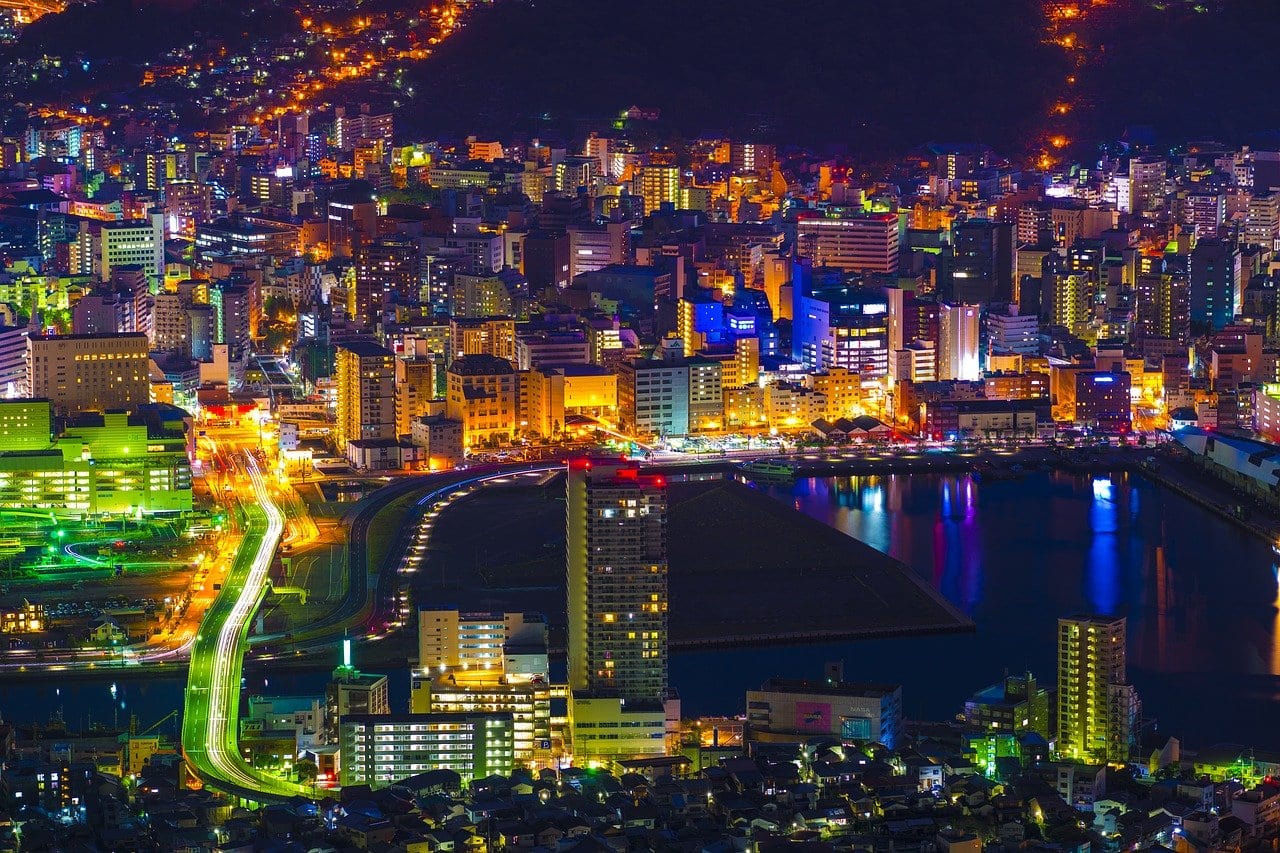Nagasaki selects trio to progress in IR tender process

The initial invitation to interested parties saw five companies put themselves forward, with this quintet all invited to submit initial questionnaires.
With two of the five now cut, the three to move forward are Casinos Austria International, Oshidori International Development and its partner Mohegan Gaming & Entertainment, and Niki Chyau Fwu Group.
Niki Chyau Fwu Group comprises Japenese commercial real estate developer The Niki Group and Taiwanese construction business Chyau Fwu Group, also known as Parkview Group.
The two that have failed to progress are One Kyushu, a consortium led by Japanese conglomerate Pixel Companyz and featuring France’s Groupe Partouche, and Current Group.
Current Group comprised junket operator Guangdong Group, Japan’s Current Corporation, Get Nice Holdings, property investor Success Universe Group and Hong Kong-listed ITC Properties.
The trio that move forward will now be required to complete a second set of questions about their plans for the venue, which will be located on the site of the Huis Ten Bosch theme park in Sasebo.
They will also have to undergo an audit by an independent investigator to ensure the business is fit to run an integrated resort, with a view to selecting the final partner by August this year.
The Japanese government’s selection process to choose three integrated resorts sites is also still to run, though the Nagasaki prefectural government expects that to be finalised in summer or autumn this year.
Construction on the property would then be subject to consent from the citizens of Sasebo, with construction unlikely to begin before 2023, and the venue not expected to open for years after.
There are currently a number of cities in contention for one of the three IR sites alongside Sasebo. The capital Tokyo, Yokohama, Okinawa, Osaka and Wakayama could also host one of the facilities.
The project was greenlit by the government in July 2018, and aims to encourage tourism with sites featuring multiple commercial and cultural attractions.
Legislation states that the resorts can dedicate no more than 3% of their floorspace to gambling, while local citizens will be required to pay an entry fee.
